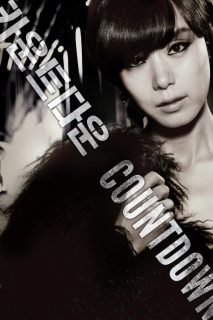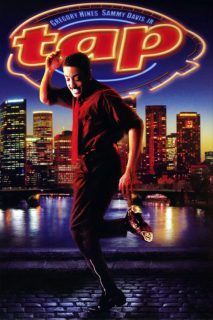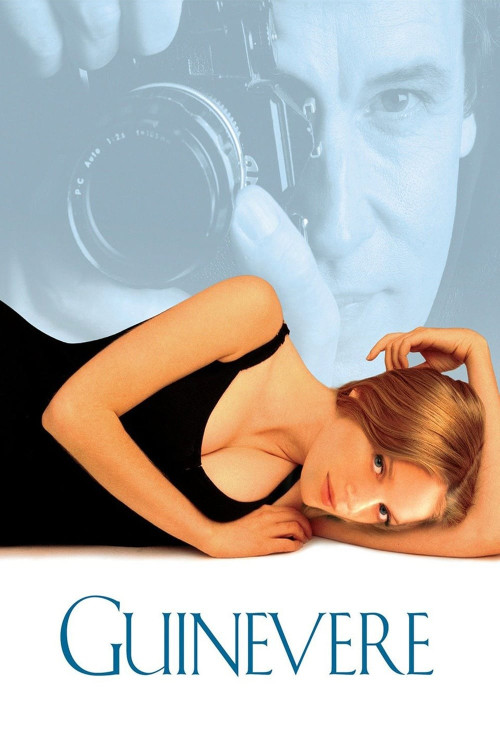
- Year: 1999
- Released: 12 Nov 1999
- Country: United States
- Adwords: 2 wins & 7 nominations
- IMDb: https://www.imdb.com/title/tt0160338/
- Rotten Tomatoes: https://www.rottentomatoes.com/m/guinevere
- Metacritics:
- Available in: 720p, 1080p,
- Language: English
- MPA Rating: R
- Genre: Drama, Romance
- Runtime: 104 min
- Writer: Audrey Wells
- Director: Audrey Wells
- Cast: Sarah Polley, Stephen Rea, Jean Smart
- Keywords: photographer, dysfunctional family, older man younger woman relationship, bohemian, mentor protégé relationship, mother daughter estrangement,
 | 5.9/10 |
 | 68/100 |
Guinevere Storyline
Connie, an aging Bohemian photographer, meets mousy Harper, headed for Harvard Law from a high-powered San Francisco family, and immediately sees her beauty. He also guesses she has talent and invites her to be his pupil and share his bed. He’s Alfred Stieglitz, she’s Georgia O’Keefe, and he calls her his Guinevere. When she realizes she’s the latest Guinevere in a string of ingenues, she bolts, only to return, sick of her family. She’s blossoming, reading, learning, but hasn’t yet taken her first photograph when he tells her they’re going to L.A., broke, him drinking too much, to sell some photographs. On the trip, she finally snaps the shutter; so does her awe and dependence.—
Guinevere Photos
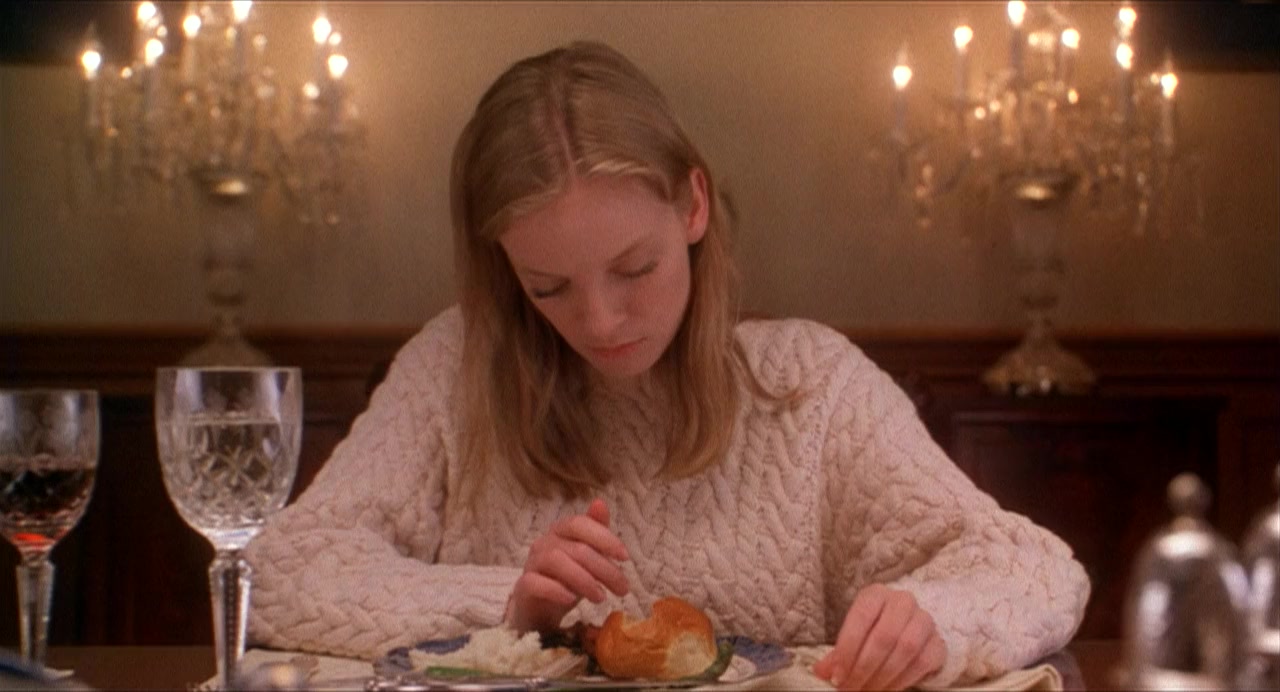
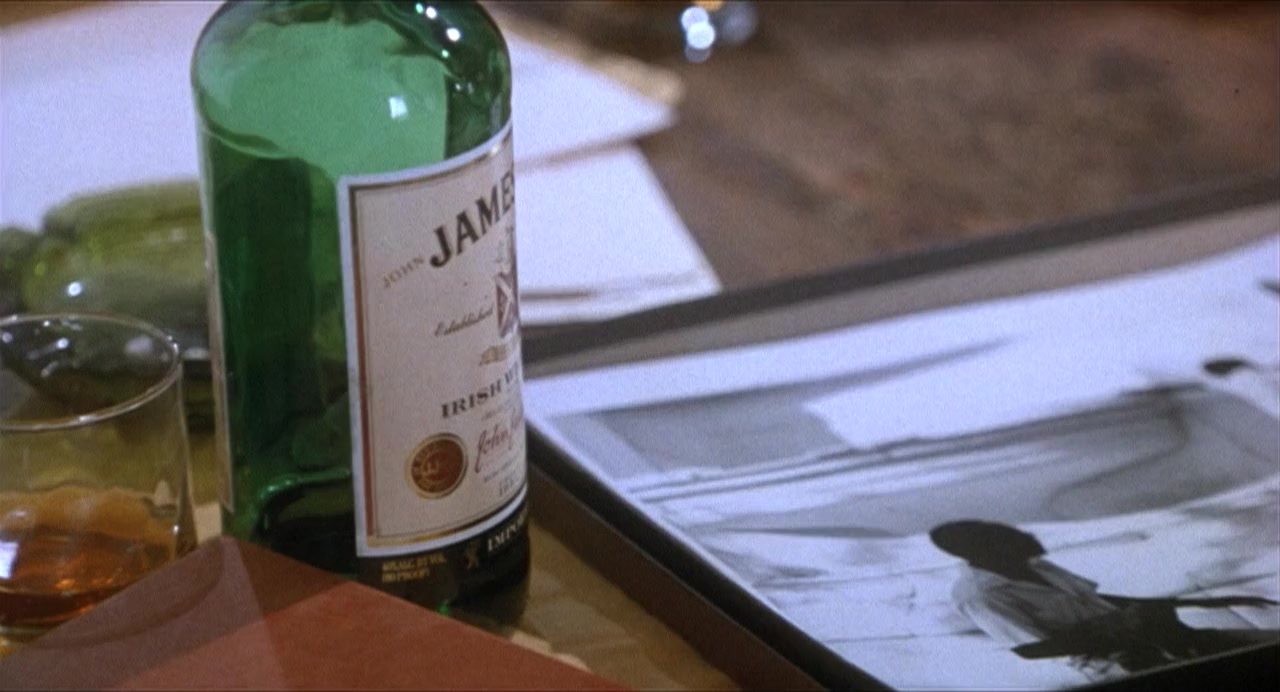
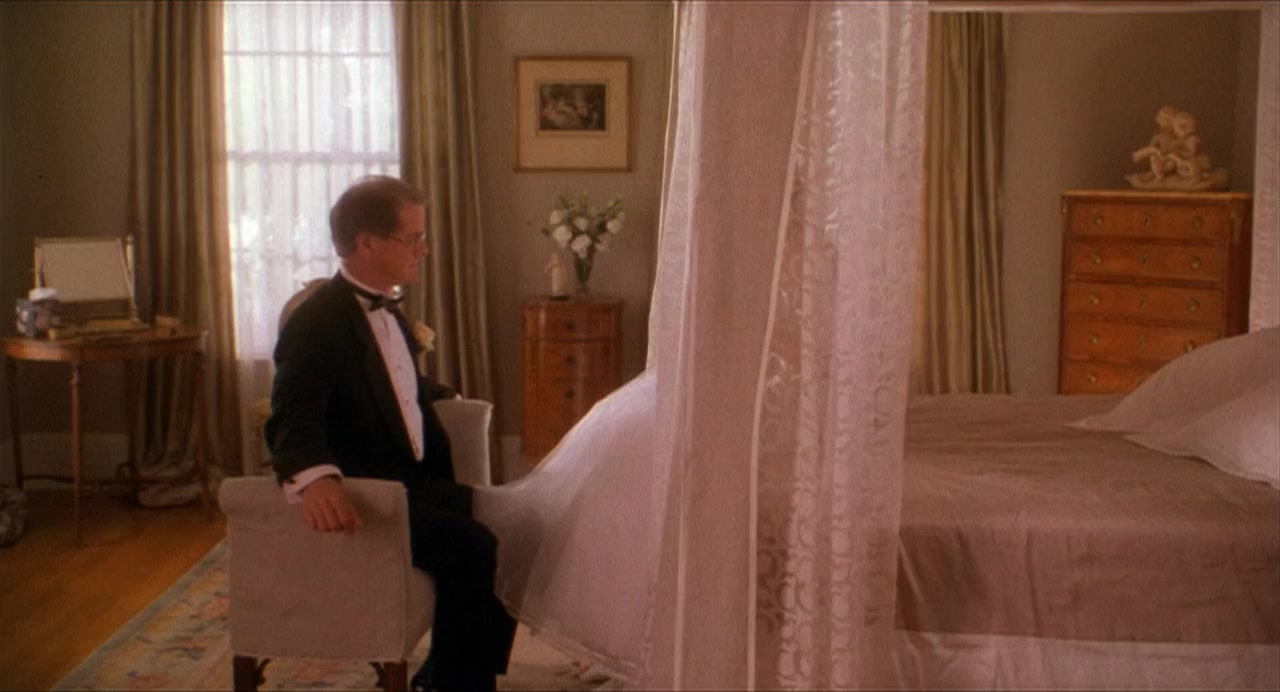
Guinevere Torrents Download
| 720p | web | 964.07 MB | magnet:?xt=urn:btih:525E4993645EE85C5520995981A83AD336E147CC | |
| 1080p | web | 1.75 GB | magnet:?xt=urn:btih:BB22B7F8DDA4098FB638F865DDA2FC08D900AAAD |
Guinevere Subtitles Download
| English | subtitle Bruce.Lee.My.Brother.2010.DVDRip.XviD-CoWRY | |
| English | subtitle Guinevere.1999.720p.WEBRip.x264.AAC- |
Guinevere Movie Reviews
A disturbingly good movie
Guinevere: Harper Sloane (Sarah Pollack) is a painfully shy young woman trapped in a household of lawyers lorded over by an alpha-mother (Jean Smart) who treats her like a servant. Destined to attend Harvard law school and join the pack, Harper finds her salvation in Connor Fitzgerald (Steven Rea), part-time photographer/philosopher, full-time con-man Svengali. Connor actually listens to what she says and offers her escape into an exciting bohemian lifestyle. Will he be her salvation or downfall? There are shades of Leaving Las Vegas in this film – it is dark and at times unpleasant – one scene in particular made me so uncomfortable I turned away from the screen. To its credit, Guinevere, like Leaving Las Vegas, is also a very good film. Sarah Pollack is outstanding as the withdrawn Harper (in stark contrast to her brazen, street-wise savvy Ronna in Go!). Although she’s actually twenty, she looks fifteen, which helps to convey a believable vulnerability and transformation.
Rea is truly manipulative as Connor, more pathetic than sinister, who preys on young women – you’re never quite sure if you should loathe or pity him. Finally, Jean Smart does an excellent job as the hard-as-nails matriarch, miles away from her smarmy character on Designing Women.
Well worth the price of admission.
I really wanted this to be a good film. It just wasn’t.
I just saw of this film at the Montreal World Film Festival. Stephen Rea and Sarah Polley were in attendance. You could not ask for two better actors. Rea plays a 45-50ish photographer who seduces 20 yr. old Sarah Polley to give up her law school career and become an artist and his live-in- lover.
The director and writer, Audrey Wells, also directed and wrote The Truth About Cats and Dogs. I intensely disliked that film because it was implausible, not grounded in any reality, and because even the luminous Jeneane Garafalo couldn’t save it. Audrey Wells also wrote Inspector Gadget; clearly, her writing leaves something to be desired. In this film she manages to put interesting situations (May-September romance / high vs. low class) forth but whenever they approach any hard edges here comes the soft humour or easy way outs or just plain ambiguously unrealized character motives. Polley’s character would get to say one disturbing or strong thing, then have go on acting so obviously well below her & her character’s intelligence.
I consistently thought scenes were misdirected and that the writing gave up on itself and fell into cliche, sapping it of any force it had. And with the potential force between these two great actors never realized it was a sad loss. This is no Lolita or Educating Rita. Consider even the ballyhooed scene were Jean Smart, in a good job, takes down Rea’s character in front of her daughter (the ‘awe’ scene.) The camera focusses intently on Smart’s malice. Think how much better that little diatribe would be if we were watching *Polley’s* reaction while hearing the *mother’s* words. That would be a real dislocation. Then we could see the full range of which Polley is absolutely capable.
Also, the soundtrack music was very synthetic and touchy-feely and it worked completely against the (potentially) creepy aspect of the film, until the white-light hogwash of the end. But if you liked all that white-light business in “Kissed” & if you could tolerate the preposterous situation of Cats & Dogs, then maybe you will like this film. As it was, I found it singularly unconvincing, the moreso as it went along.
ps. Sandra Oh is very funny with the two minutes of screen time she gets. Sandra Oh is always excellent. If you want to see a good Sarah Polley & Sandra Oh film, rent “Last Night”. It’s brilliant. For Stephen Rea, look forward to his next Neil Jordan film.
Whose story was this, anyway?
I’m putting this in here not so much for the purposes of explaining or reviewing, but for 1) giving other haters of Guinevere a place to check in, and 2) entertaining those who love to read negative reviews of movies they know they’re going to see anyway.
Poor, pathetic Harper, literally hiding in the closet at her sister’s wedding, her hair mussed and her bride’s-maid dress sagging off her shoulders. “You’ve obviously mistaken me for someone with potential,” she barely manages to squeak to the wedding photographer, in one of the multitudinous lines of on-the-nose dialogue in this self-conscious, overwrought clunker.
Somehow this bright, beautiful 20-year-old has managed to get through her entire life, including four years of college, without once meeting a person who has affirmed her intelligence and her creativity, even though she’s smart enough to have been accepted into Harvard Law. Similar ironies occur in real life–the beauty who thinks she’s ugly, the overachiever who thinks she’s not doing enough–but at some point you lose interest in a character who’s either got some serious personality disorder or whose creator (the writer) imagines that weird gestures and speeches can take the place of psychology.
The beautiful, bright girl proves utterly vulnerable to the seducements of the wedding photographer: an older, less-promising, often insolent, and lecherous man who says things to her like “You can do it” and “You must learn to detest the bourgeoisie.” Oh, I don’t remember if he actually said *those* things, but his utterances are so much hogwash that only an impression of nonsense remains. Harper is introduced to . . . coffee houses! She listens to . . . jazz! Someone actually asks her about her ideas for the first ever time in her whole entire life! To go back to the biographical thing, how did this girl ever get the liberal arts education required to enter Harvard Law without someone at least once eliciting her opinion on something? And probably admiring it? Without ever having a lively conversation with intellectual and creative types? Without ever laughing? Without going through that whole fascinating-older-man thing about ten times? Without getting a glimpse outside the world she came from?
Unlikely, weird scenes get slapped on, one after the other, without any progress in character or conflict. She throws herself on him hungrily. She moves in. He insults her, she runs away, she insults him and then comes back, they insult each other and reunite. When he’s at his lowest, she goes into a frenzy of taking his picture, presumably off a roll of film with about 200 exposures on it. Then she gets him into focus and relents with a whimper.
Ultimately, the photog turns out to be every bit as bad as he promises, and perhaps a little better since he’s principled enough to send her away when it’s at the point where the relationship can do nothing but drag her down. Fast-forward to so many years later and she’s giving him the last and only thing she can: her best wishes for a good death. The scene drags on and on, and ends with his dissolution into heavenly white light. Why? Whose story was this? “He was the worst man I ever met. Or the best man I ever met.” This ham-fisted summary, I suppose, is supposed to be a specimen of brilliant, tortured, complex ambiguity. To me, it’s a failure to make a stand, an excuse for the writer to dump a truckload of contradictions into a character then sneak away without explaining any of it. And why end with him? Again I ask, whose story was this?
Audrey Wells, you’re a fraud.
